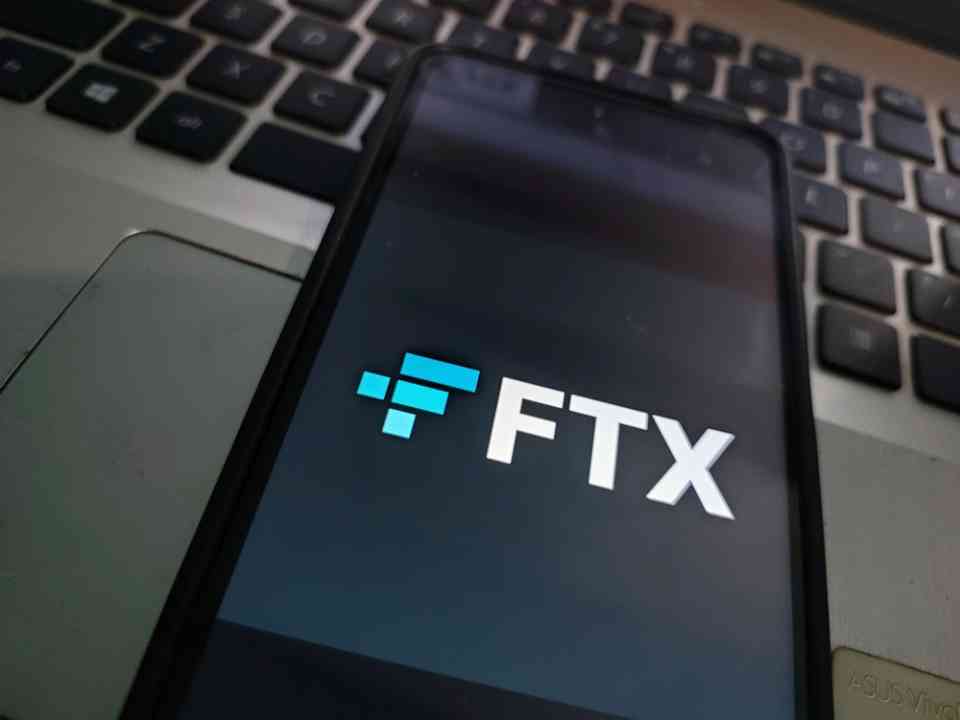FTX’s Lawsuit Claims “Constructive Fraudulent Transfer” in Binance’s Divestment Deal, Heightening Tensions Between Crypto Giants
In a dramatic turn of events, the estate of the bankrupt cryptocurrency exchange FTX has launched a lawsuit against Binance and its former CEO Changpeng Zhao (CZ), seeking to reclaim over $1.76 billion. Filed in Delaware, the legal battle highlights deepening tensions between two of the crypto industry’s biggest names following FTX’s catastrophic collapse last year. The lawsuit, in essence, accuses Binance of engaging in a “fraudulent” deal by selling its 20% stake in FTX and an 18.4% stake in FTX’s U.S. affiliate, West Realm Shires, in a transaction orchestrated by FTX’s now-defunct Alameda Research.
A Disputed Transaction Under Fire
The core of FTX’s lawsuit revolves around a 2021 transaction between Binance and FTX, which the latter claims was a “constructive fraudulent transfer.” The FTX estate asserts that the deal was primarily funded by Alameda Research, a sister company of FTX. According to the lawsuit, Alameda was financially insolvent at the time, thus raising questions about how the transaction was funded. FTX argues that the transaction relied heavily on the companies’ proprietary tokens as well as Binance’s dollar-pegged stablecoin, creating what it views as an unsustainable and dishonest deal.
The deal, allegedly devised by FTX co-founder Sam Bankman-Fried—now serving a 25-year prison sentence for fraud—was meant to cement a working relationship between the two platforms but has instead become a point of intense legal contention. Bankman-Fried’s conviction on seven counts of criminal fraud followed FTX’s high-profile bankruptcy, which shook the crypto world after a wave of customer withdrawals led to the exchange’s collapse.
Binance Fires Back
Responding to the allegations, Binance has dismissed FTX’s claims as “meritless,” vowing to “vigorously defend” itself against the lawsuit. Binance insists that its exit from FTX was a prudent “risk management” move, especially after a series of crypto companies faced crises in quick succession.
Further fueling FTX’s claims, the lawsuit accuses Zhao of making “false and misleading statements” on social media, particularly during a critical moment for FTX. A November 6 post by Zhao on X (formerly Twitter) allegedly triggered a “run” on FTX by warning that Binance planned to liquidate its FTX Token (FTT) holdings. In the post, Zhao described the move as a protective measure—an echo of strategies seen in other recent crypto company failures. The FTX estate contends that this statement set off a wave of customer withdrawals that contributed directly to FTX’s ultimate collapse.
Crypto’s Legal Reckoning
The case further exposes the precarious dynamics of the crypto industry, where high-profile collapses and accusations of fraud have frequently cast a shadow over the sector. At the same time, regulatory scrutiny has intensified, with regulators like the U.S. Securities and Exchange Commission (SEC) taking a closer look at major crypto platforms. Binance’s legal and regulatory troubles are compounded by a recent admission from Zhao that Binance violated the Bank Secrecy Act, failing to establish adequate anti-money laundering and sanctions compliance protocols.
As the lawsuit unfolds, it serves as a reminder of the chaotic aftermath of FTX’s collapse, which wiped out billions in investor wealth and left significant holes in the finances of countless individuals. Once valued at $32 billion, FTX’s rapid implosion has spurred ongoing investigations into the role that internal mismanagement and external market moves played in its downfall.
Industry Impact and Future Implications
The FTX estate’s lawsuit against Binance not only underscores the tensions between two former crypto allies but also signals a broader reckoning within the cryptocurrency industry. As other platforms watch the unfolding legal drama, questions continue to mount over what this means for the sector’s transparency, regulatory future, and potential risks.
With the industry still reeling from the impact of FTX’s collapse, all eyes will be on this high-stakes lawsuit, which has the potential to set legal precedents for how crypto transactions are scrutinized in the future. Whether FTX’s claims hold up in court or Binance’s defense proves successful, the outcome of this case will undoubtedly ripple through the world of cryptocurrency, shaping the narrative around compliance, transparency, and the high price of influence in the digital financial ecosystem.
Post Views: 314
















